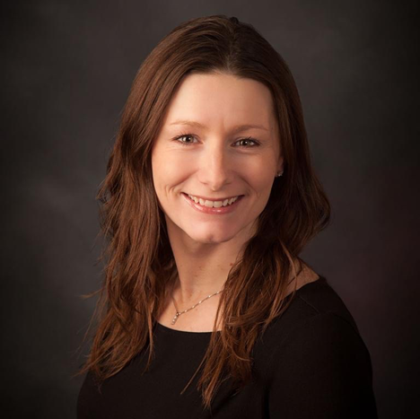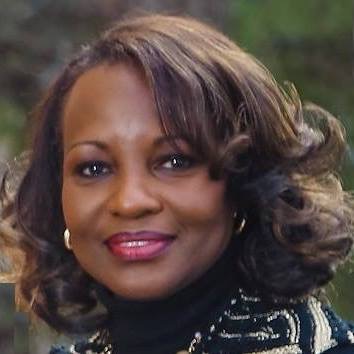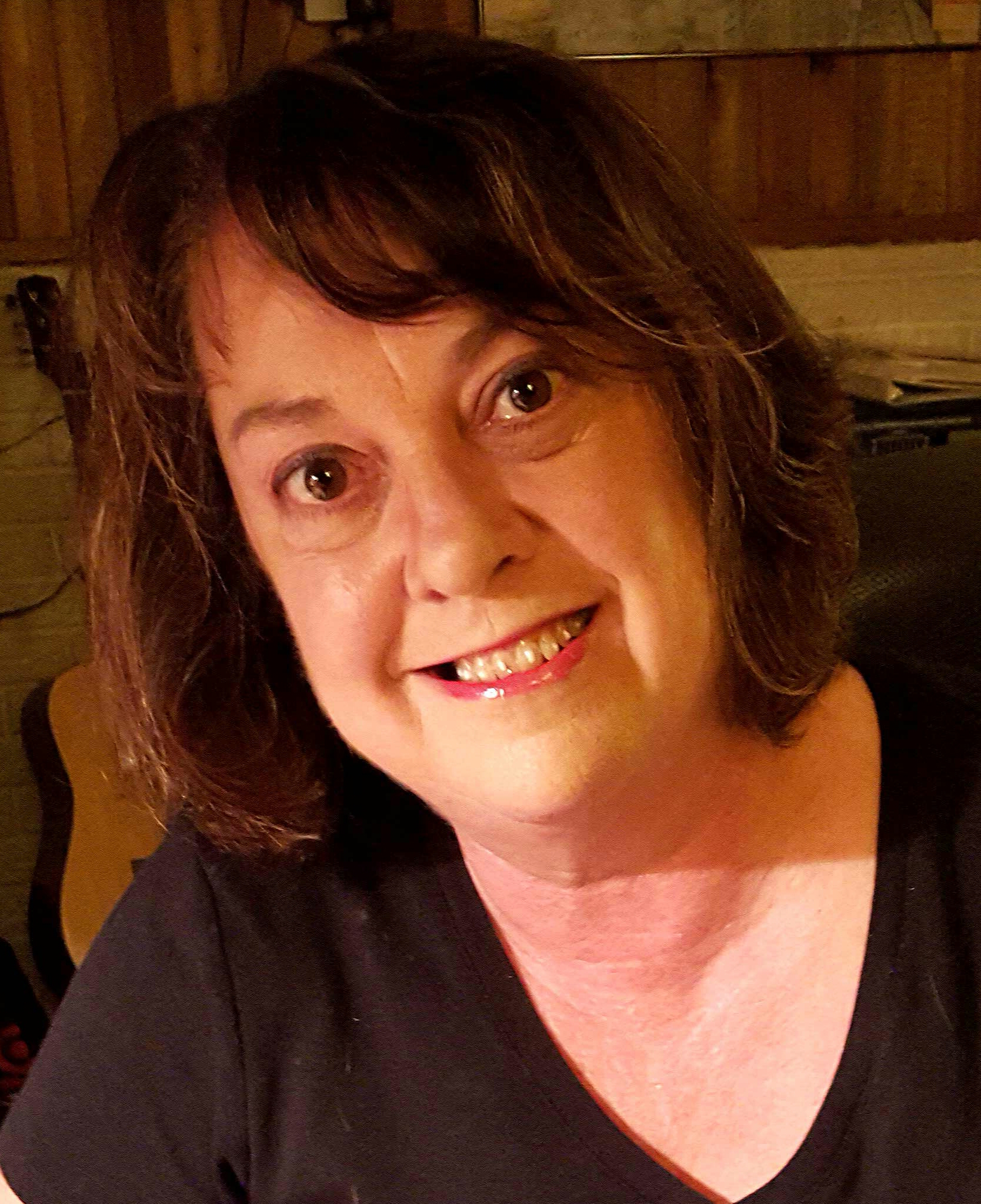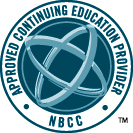
Building Professional Excellence

Developing Cultural Humility Through Immersion Experiences
Increasing cultural humility is valuable for everyone working in the helping professions.
The ability to embrace the beauty of collective and individual cultures can allow for personal and professional growth. Every culture has its challenges and strengths; the key is to find the ability to embrace both and recognize the importance of connection.
As a 2015 NBCC Foundation Minority Fellowship Program (MFP) Fellow, Julie Smith was able to collaborate with NBCC International (NBCC-I) to host the first domestic Institute, which was held on her home Native American reservation in rural northern Minnesota. She then traveled to Malawi, Africa, to participate in an institute. Learn how she was able to feel the connections of bridging cultures to develop a deeper meaning of cultural humility.
At the end of this webinar, participants will be able to:
- Identify and discuss cultural humility;
- Recognize how strong cultural traditions have influenced and helped indigenous people deal with and heal from genocide tactics, intergenerational trauma and historical trauma;
- Identify and discuss spirituality and how it influences the culture of counseling; and
- List and describe three ways to participate in cultural immersion.

Julie Smith, M.S., NCC, LPCC
Julie Smith is Anishinaabe and comes from the White Earth Band of Ojibwe in northern Minnesota. Ms. Smith is a National Certified Counselor and a Licensed Professional Clinical Counselor. She also holds a license through the Minnesota Board of Education as a health educator and school counselor. Ms. Smith is currently enrolled in the Ph.D. counseling education and supervision program and recently graduated from the American Indian Public Health program at North Dakota State University. She graduated with a Master of Science in counseling from Minnesota State University Moorhead, where she also received her bachelor's degree in health education.
Ms. Smith has worked in the education and mental health fields for over 15 years, concentrating in the last few years on implementing cultural adaptations to evidence-based trauma therapy models and cultural immersion programs. She is a 2015 NBCC MFP Fellow and has worked with NBCC-I to implement a cultural immersion educational institute on the White Earth Indian Reservation.
Q & ACognitive Behavioral Therapy Approaches for Working With Clients Who Are Angry at God
Therapists often have to walk a fine line when working with clients whose presenting concerns or underlying issues involve matters of religious or spiritual anger. The client’s history in these areas can be laden with issues of grief, loss, blame, fear, doubt and pain, leading to situational depression and anxiety. The delicate issues of spirituality, religion or faith can be very personal and, for many clients, the notion of anger at a Transcendent Being is loaded with taboo, guilt and shame.
This presentation uses a model developed by Baylor University researchers Paul Froese and Christopher Bader and their comprehensive survey of Americans’ religious beliefs. The model allows individuals to identify their “God type” and explore ways in which that “God type” is consistent or inconsistent with their experience. When dissonance exists between a client’s experience and their expectations, it often brings up questions of justice and forgiveness, especially when trauma is involved.
The therapist must have the self-awareness of their own history and personal beliefs to join the client in the therapeutic process without crossing boundaries or denying their own possible countertransference. This presentation is designed to help therapists address the sensitive issues of religious anger in an ethical and supportive manner using cognitive behavioral interventions to assist the client in determining and meeting their goals. The workshop approaches this topic as a matter of cultural sensitivity and cultural competence. Therapists will learn how to effectively explore the central concerns and relevant history of a client’s spiritual or religious doubt, fear and pain. The goal is to help clinicians improve treatment outcomes when working with clients whose anger is related to issues of faith.
OBJECTIVES:
- Improve treatment outcomes when working with clients whose anger is related to spiritual or religious issues.
- Boundary setting for the ethical care of clients whose presenting or underlying concerns are of a spiritual or religious nature.
- Effectively explore the central concerns and relevant history of spiritual or religious doubt, fear and pain.

LaVerne Hanes Stevens, NCC, LPC, MAC, BCC, DCC, ACS
LaVerne Stevens is a Licensed Professional Counselor, Master Addictions Counselor and Certified Professional Clinical Supervisor with 20 years experience as a National Certified Counselor. LaVerne earned her bachelor of science degree from Syracuse University. She has her M.S.Ed. in community counseling from Duquesne University in Pittsburgh, and she did her doctoral studies in Christian counseling at South Florida Bible College and Theological Seminary. She has worked in public, private and parish settings in the roles of counselor, clinical trainer, clinical supervisor and executive director for mental health and substance abuse programs. In her private practice for the past six years, she used her expertise to help clients develop whole-life (bio-psycho-social-spiritual) responses to the problems they face.
Dr. Hanes Stevens is a trainer, speaker and author. Her publications include numerous cover feature articles for Counselor magazine; a published textbook chapter on clinical assessment in Lowinson and Ruiz’s Substance Abuse: A Comprehensive Textbook; and her book, The Fruit of Your Pain: Experiencing Spiritual Renewal Through Seasons of Struggle.
Identity, Trauma, Culture and History: Understanding the Dynamics of Counseling African Americans (Part 2) - Skills and Strategies
This webinar explores skills, strategies and techniques counselors can use to more effectively engage African-American clients in the counseling process. It focuses on: (1) a practical strategy/exercise counselors can use to prepare for working with African-American clients, (2) understanding the cultural sensitivity of theories and/or approaches, and (3) identifying appropriate evidence-based theories and/or approaches that promote positive outcomes among African-American clients.
At the end of the webinar, participants will be able to:
- Identify and discuss two methods counselors can use to prepare for working with African-American clients.
- Define culturally sensitive counseling intervention strategies.
- List and describe at least three factors used to determine appropriate theories and/or approaches for working with African-American clients.
- Identify and discuss at least three theories and/or approaches that are effective for working with African American clients.

Robert A. Horne, Ph.D., NCC, ACS, LPC, LCAS, CSI
Robert A. Horne is assistant professor of counselor education in the Department of Allied Professions at North Carolina Central University. Additionally, Dr. Horne serves as a counselor and counseling consultant in private practice, as chair of the NBCC Foundation Minority Fellowship Program (MFP) Doctoral Advisory Council, and as a subject matter expert for the International Credentialing and Reciprocity Consortium.
Dr. Horne holds a Ph.D. in counseling and counselor education from North Carolina State University, an M. A. in agency counseling from North Carolina Central University, and Master of Divinity from Duke University. He is a National Certified Counselor, Approved Clinical Supervisor, licensed professional counselor, licensed clinical addiction specialist, certified clinical supervisor intern, and International Certified Advanced Alcohol and Drug Counselor. Dr. Horne is a 2013 NBCC MFP Fellow.
Dr. Horne resides in Durham, North Carolina, and has visited over 40 countries. He conducts workshops and trainings both nationally and internationally. He is actively engaged with mental health and substance abuse organizations in Africa and the Caribbean to develop mental health and substance use programs for underserved communities.
Q & ASuicide Grief: The Ultimate Rejection
Suicide is the l0th leading cause of death in the United States with one completed every 13 minutes. Each day, 117 people complete suicide. It is estimated that for each suicide death there are 6–10 loved ones, or survivors, left behind whose lives are forever impacted by that death. Survivors of suicide represent “the largest mental health casualties related to suicide” (Edwin Shneidman, PhD, American Association of Suicidology Founding President).
Suicide grief is different than most other types of grief and involves intense emotions such as grief, blame, rage and stigma. Survivors feel isolated and judged. Many feel overwhelmed by their emotions, and loved ones feel at a loss as to how to help.
At the end of this webinar, participants will be able to:
- Explain the aftermath of suicide
- Understand how suicide grief differs from other kinds of grief
- Describe how to help facilitate suicide grief in clinical settings
- Identify resources to best help clients who are survivors

Mary E. Jones, Ed.D., NCC, LPC, LMFT
Mary E. Jones has over 30 years of experience in both counselor education and clinical practice. She has worked in private practice, public agency, hospital and college settings. Her areas of expertise are in resiliency, relationships, anxiety and depression, grief, and women’s health. She is licensed as both a professional counselor and a marriage and family therapist in the state of South Dakota.
Dr. Jones has bachelor’s degrees in public relations and human geography and a master’s degree in counseling and human resource development from South Dakota State University. She has a doctorate in counseling and psychology in education from the University of South Dakota.
Dr. Jones currently resides in Sioux Falls, South Dakota, and is a consultant as well as an adjunct faculty member for Capella University in the Master’s in Mental Health Counseling program. Her interest and experience in resiliency has led her to present at both national and international venues.
Q & AIdentity, Trauma, Culture and History: Understanding the Dynamics of Counseling African Americans
This webinar explores psychological, historical, cultural and contextual factors that influence African Americans’ self and world schemas. Additionally, this webinar will address approaches that can be used to facilitate (1) understanding how African Americans’ self and world schemas influence the counseling process and counseling outcomes, (2) building therapeutic alliances between African Americans and mental health professionals, and (3) increasing African Americans’ participation in and completion of counseling engagements.
During this session, participants will:
- Identify and discuss significant elements that compose African Americans’ core values.
- List and describe at least three factors that shape African-American self and world schemas.
- Define the term “cultural trauma and collective identity” and discuss how it impacts African Americans’ engagement in the counseling process and counseling outcomes.
- Identify and discuss African Americans’ traditional views of counseling.
- List and discuss at least three approaches that are effective for building therapeutic alliances with African Americans.
- Identify and discuss at least three approaches that can be used to increase African Americans’ participation in and completion of therapeutic services.

Robert A. Horne, Ph.D., NCC, ACS, LPC, LCAS, CSI
Robert A. Horne is assistant professor of counselor education in the Department of Allied Professions at North Carolina Central University. Additionally, Dr. Horne serves as a counselor and counseling consultant in private practice, as chair of the NBCC Foundation Minority Fellowship Program (MFP) Doctoral Advisory Council, and as a subject matter expert for the International Credentialing and Reciprocity Consortium.
Dr. Horne holds a Ph.D. in counseling and counselor education from North Carolina State University, an M. A. in agency counseling from North Carolina Central University, and Master of Divinity from Duke University. He is a National Certified Counselor, Approved Clinical Supervisor, licensed professional counselor, licensed clinical addiction specialist, certified clinical supervisor intern, and International Certified Advanced Alcohol and Drug Counselor. Dr. Horne is a 2013 NBCC MFP Fellow.
Dr. Horne’s research and publications focus on identity development and sustenance of males of African descent; the relationship between spirituality, mental health and substance use; stress and coping strategies; and the development of professional and paraprofessional counselor training and supervision in international settings among underserved populations.
Dr. Horne resides in Durham, North Carolina, and has visited over 40 countries. He conducts workshops and trainings both nationally and internationally. He is actively engaged with mental health and substance abuse organizations in Africa and the Caribbean to develop mental health and substance use programs for underserved communities.
Q & ANBCC Foundation has been approved by NBCC as an Approved Continuing Education Provider, ACEP No. 805. Programs that do not qualify for NBCC credit are clearly identified. NBCC Foundation is solely responsible for all aspects of the programs.
Each state sets its own requirements for licensure, including continuing education requirements to maintain licensure. Questions about CE requirements for state licensure should be directed to your state board. You can find their contact information on our state board directory.

